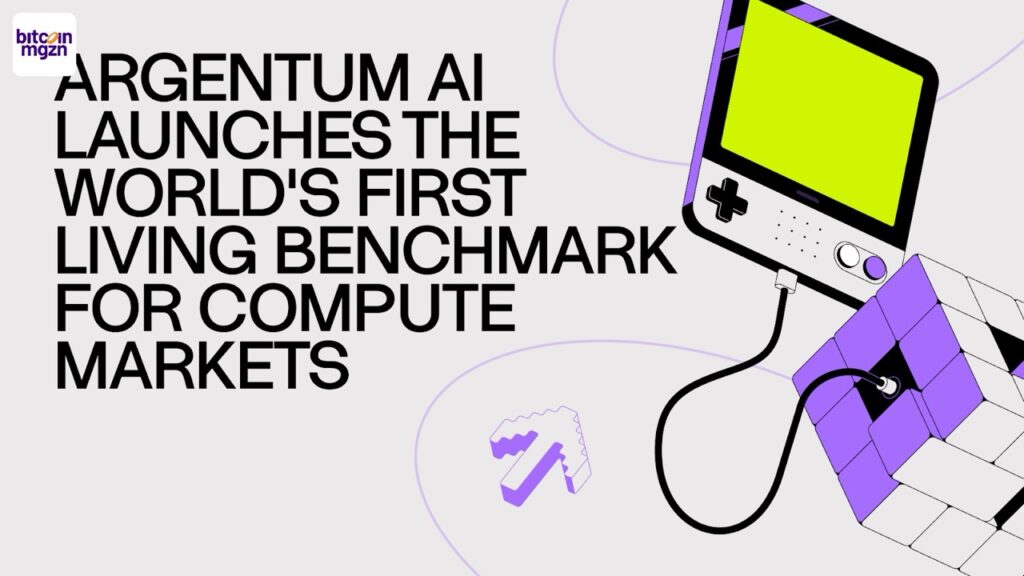Bad News for European Crypto Holders? EU Calls For Harsher Crypto Regulation Despite MiCA
EU regulators push stricter crypto rules beyond MiCA, seeking ESMA oversight, cybersecurity audits, and AMLR bans on privacy tokens.
European regulators are now calling louder for stricter crypto rules.
France’s AMF, Austria’s FMA and Italy’s CONSOB are now arguing that the Markets in Crypto-Assets Regulation (also known as MiCA framework) is not enough to manage risks across the European Union.
Why Regulators Say MiCA Needs Reinforcement
The MiCA framework allows crypto companies to apply for a license in one EU country and use it to operate across the union. This “passporting” system was meant to simplify access.
However, regulators are worried that some firms may seek licenses in countries with weaker oversight and then expand freely.
Some of the proposals from France and other countries include expanding the European Securities and Markets Authority’s (ESMA) powers. ESMA could take over direct supervision of large crypto firms, instead of leaving it to national regulators.
Regulators also want standardised white paper rules and mandatory cybersecurity audits for crypto platforms.
AMLR Brings New Bans and Transparency
Europe has already approved the Anti-Money Laundering Regulation (AMLR), which will apply from 2027. The law bans privacy-focused tokens like Monero and Zcash and also bans anonymous crypto transactions.
The goal is to prevent money laundering and strengthen transparency across digital assets. AMLR represents one of the toughest stances on privacy coins around the world, and is putting Europe at the forefront of compliance-heavy rules.
At the same time, ESMA has clarified that miners and validators will not face strict market abuse reporting under MiCA.
That responsibility will fall instead on exchanges.
France’s Warning on Passporting Raises Questions
France’s AMF has floated the idea of blocking crypto companies licensed in other EU states from operating domestically. The main worry fueling this is that firms could take advantage of weaker regimes elsewhere.
The threat has created waves of legal debate so far.
Some experts argue that France cannot block entities legally licensed under MiCA, as the bill applies directly across all member states. Others say that loopholes exist that could allow regulators to challenge certain licensing practices.
Marina Markezic, executive director of the European Crypto Initiative, noted that blocking passporting is technically possible. However, it comes with heavy legal complexity.
Lawyer Edwin Mata countered that such a move would break MiCA’s uniform application. He believes the AMF’s warning is more about regulation than outright enforcement.
UK and US Take Different Paths
Across the Channel, the Bank of England is considering caps on stablecoin holdings. Critics say that this approach could kill innovation more than EU or U.S. standards.
In the U.S., however, regulators continue to rely on fragmented oversight, leaving companies to determine the differences between state and federal rules.
While Europe leans toward stability and consumer protection, the U.S. seems to favor a market-driven model, despite its unpredictability.
Both approaches have trade-offs: Europe risks slowing innovation due to tight compliance, while the U.S. risks uncertainty from its patchy regulations.
You May Also Like

Pump.fun Surpasses Hyperliquid in Daily Crypto Revenue

